«История про улитёнка Рыбу и маленькую бабочку Кузю».
Текст и иллюстрации Николая Молчанова. © 1993, 2010, 2012
ISBN-10: 061553077X; ISBN-13: 978-0-615-53077-2
«Story of Little Snail Ryba and Small Butterfly Kuzia» by Nikolay Moltchanov
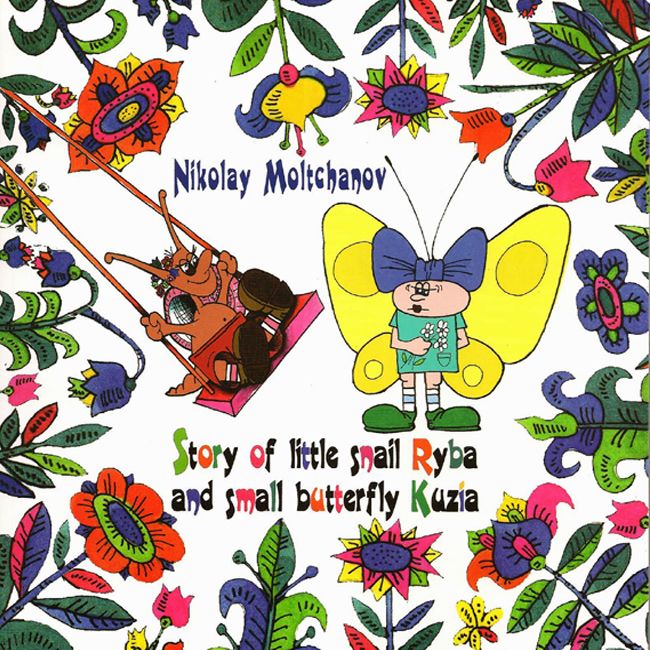
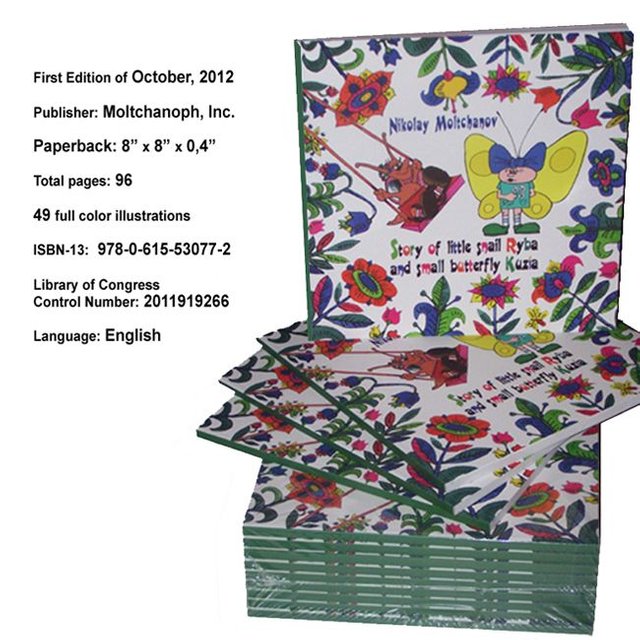
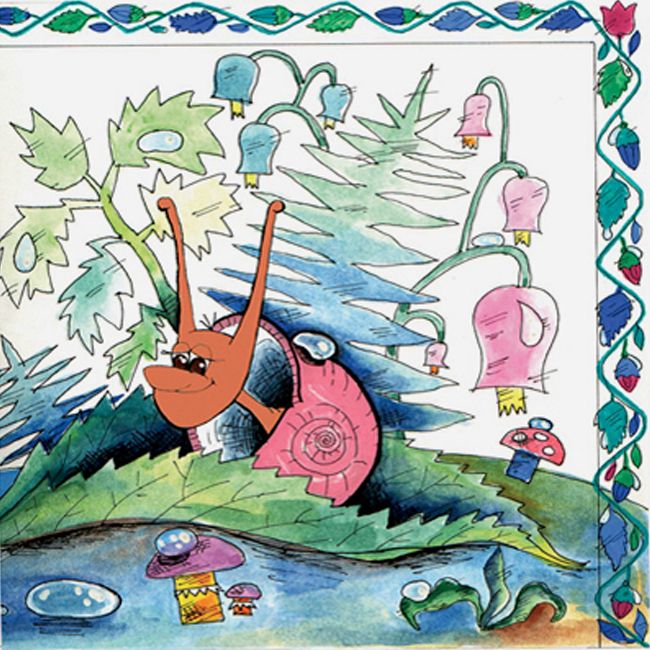
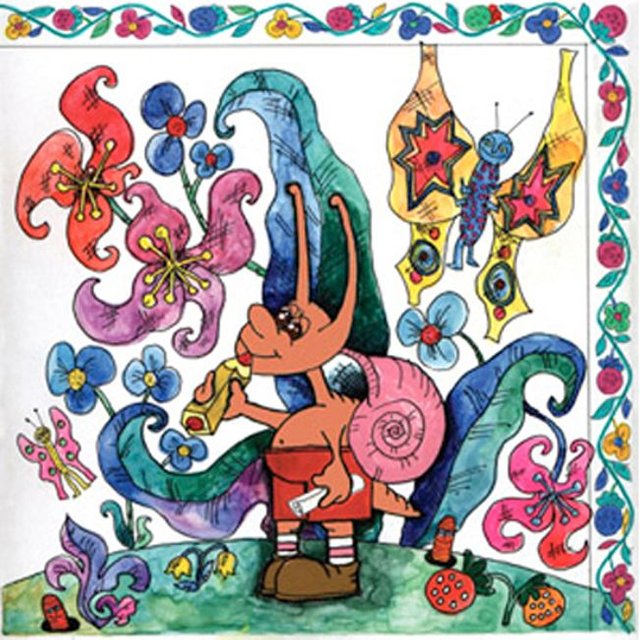
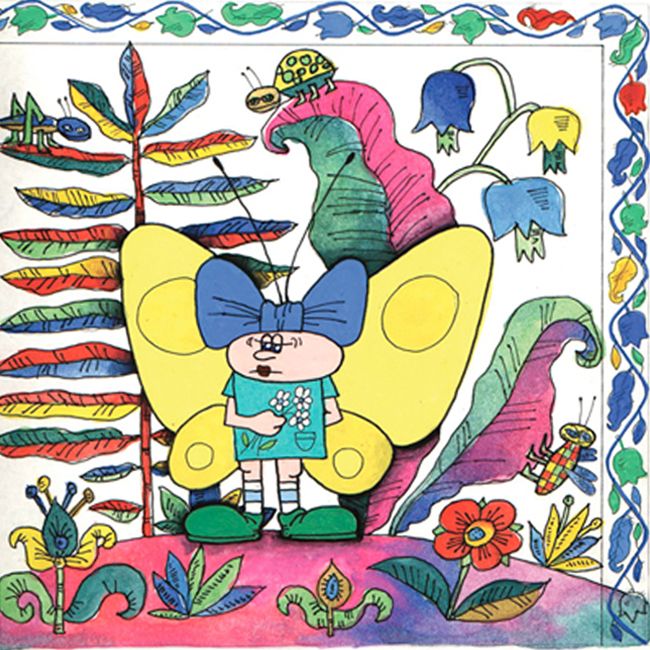
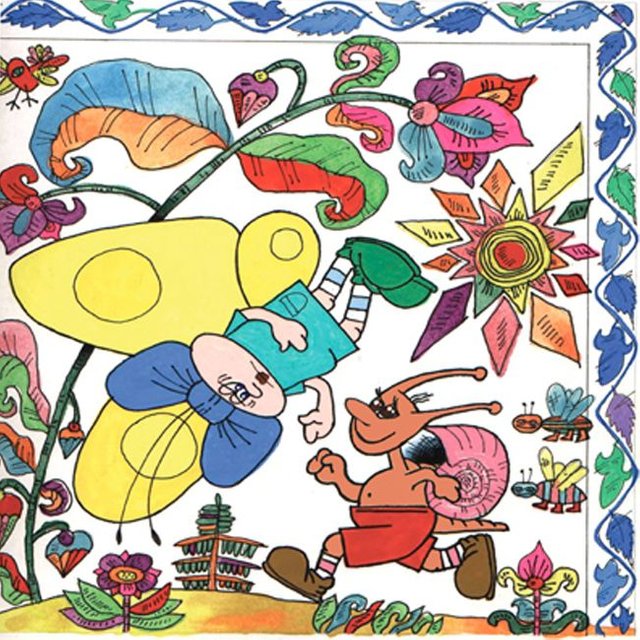
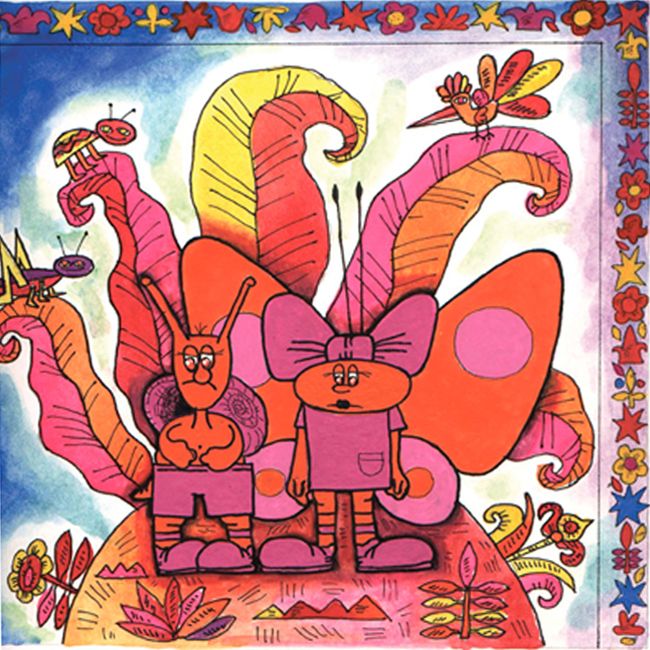
«Это правда? Мы можем сделать мне крылья?» сомнительно шмыгнул носом улитёнок, «И я смогу летать, как бабочка?»
«Конечно сможешь!» ответила Кузя, «Даже лучше. У кого красивое и доброе сердце, тот обязательно должен летать. Вот только всегда помни: когда преобретёшь крылья, не потеряй душу...»
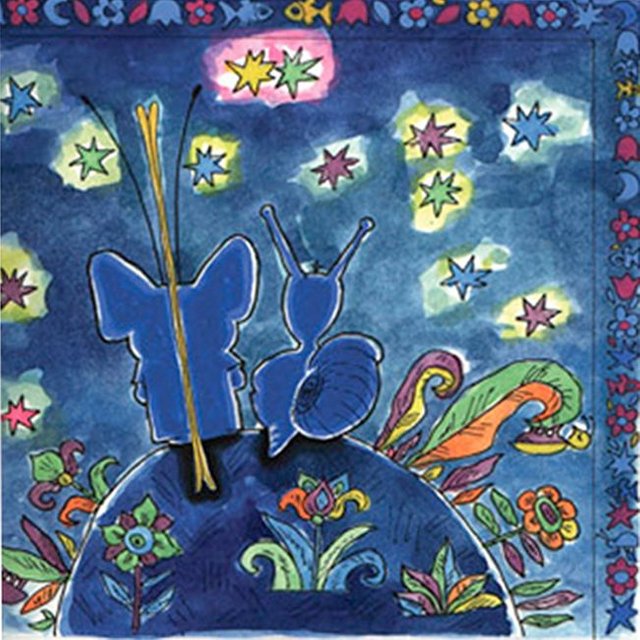
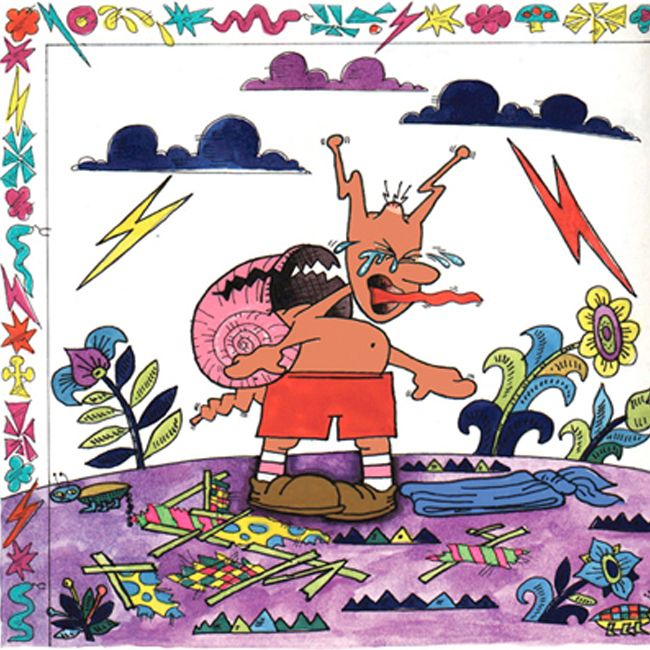
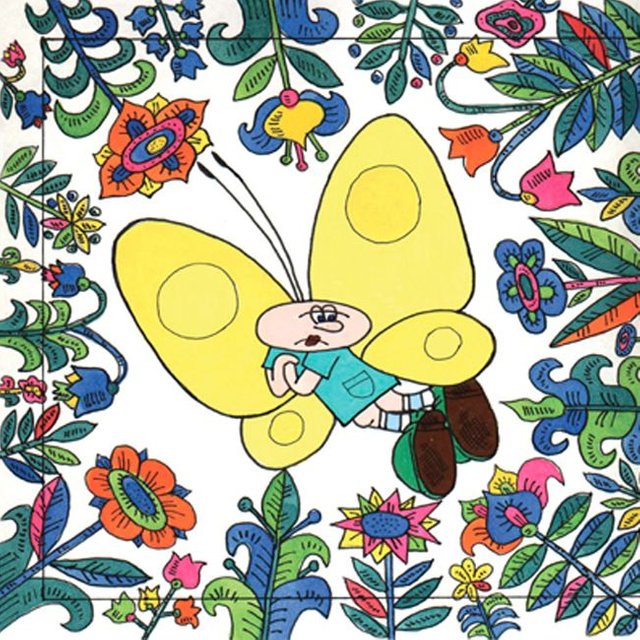
The US Review of Books about:
“Story of Little Snail Ryba and Small Butterfly Kuzia”.
http://www.theusreview.com/reviews/Story-Moltchanov.html#.VZ7XGxtVikp
"One who writes such beautiful poems can surely fly. There's only one thing: When you get your wings, don't lose your soul..."
Ryba is a young snail who loves to write poetry and play soccer. As a snail, he has the benefit of taking his home with him wherever he goes, meaning he is never without shelter when he needs it. Writing about love and freedom, Ryba's poetry becomes popular with the other insects in the area and attains some minor celebrity from it. However, Ryba's poetry about love was all from stories he'd heard secondhand. The little snail had never been in love himself, that is, until he met Kuzia the butterfly.
Kuzia is drawn to Ryba because of his poetry, and he begins to loudly read his poems to her out of romantic enthusiasm, drawing a crowd. However, every crowd has a heckler, in this case a cockroach. Embarrassed in front of his new love, Ryba breaks down and the performance ends abruptly. Kuzia, determined to cheer Ryba up, offers to find a way to give him wings to attain the freedom he writes about, while subtly offering her love to make up the balance. At the prospect of wings, Ryba perks up and becomes eager to get started.
Kuzia takes Ryba to a market where they can buy the materials before downloading the plans online. Of course, snails were not meant to fly, and soon their attempts to make Ryba take to the skies lead to disappointment and disaster. Kuzia is left to try and comfort and console her new friend, but after so much heartbreak and vulnerability, Ryba isolates himself, even from his new special friend. Now, without the safety of his home and without the presence of the butterfly he loves, Ryba has to make a decision to wallow in his sadness or take back the things he considers to be "home."
While drawing similarities to fables and mythology, this is a children's book with a personality all its own. The author, an American-Russian, draws from the cultural sensibilities of both nations, giving his characters an honesty and humanity in their actions, dialogues, and temperaments. Almost every page of text is accompanied by a vibrant, colorful illustration depicting the actions on the other side of the spine, with occasional two-page spreads for larger, mood-setting pictures.
The story has its parallels most notably to the tale of Icarus, who in flying too close to the sun was sent crashing down. Additionally, the gentle, sensitive, and creative background of the snail Ryba and the style of the illustrations calls to mind the aesthetic of the 1960s, while offering a more timeless perspective for readers of any time period. Some of the concepts and the length of the book may be a bit much for the youngest of readers, but the lessons of this story can apply and resonate with any children, particularly those who may have argued with a friend.
Like many children's stories, the basic premise or the moral at the end may be obvious to parents or teachers, but this book serves as a reminder that any message can feel fresh and original in the hands of an author or artist focused on the small details that they use to color the world surrounding the message. At the end of the day, Ryba isn't a brave warrior hero or on any kind of adventure, he's a bit of an introvert who can have his feelings hurt and has to realize that the support and the presence of his friends is what enhances his life and brings him joy. As a result, for some children Ryba just might be the kind of fictional character they can relate to the most.
Reviewed by Michael Radon.
http://www.theusreview.com/reviews/Story-Moltchanov.html#.VZ7XGxtVikp
Hi! I am a robot. I just upvoted you! I found similar content that readers might be interested in:
http://www.theusreview.com/reviews/Story-Moltchanov.html
Downvoting a post can decrease pending rewards and make it less visible. Common reasons:
Submit